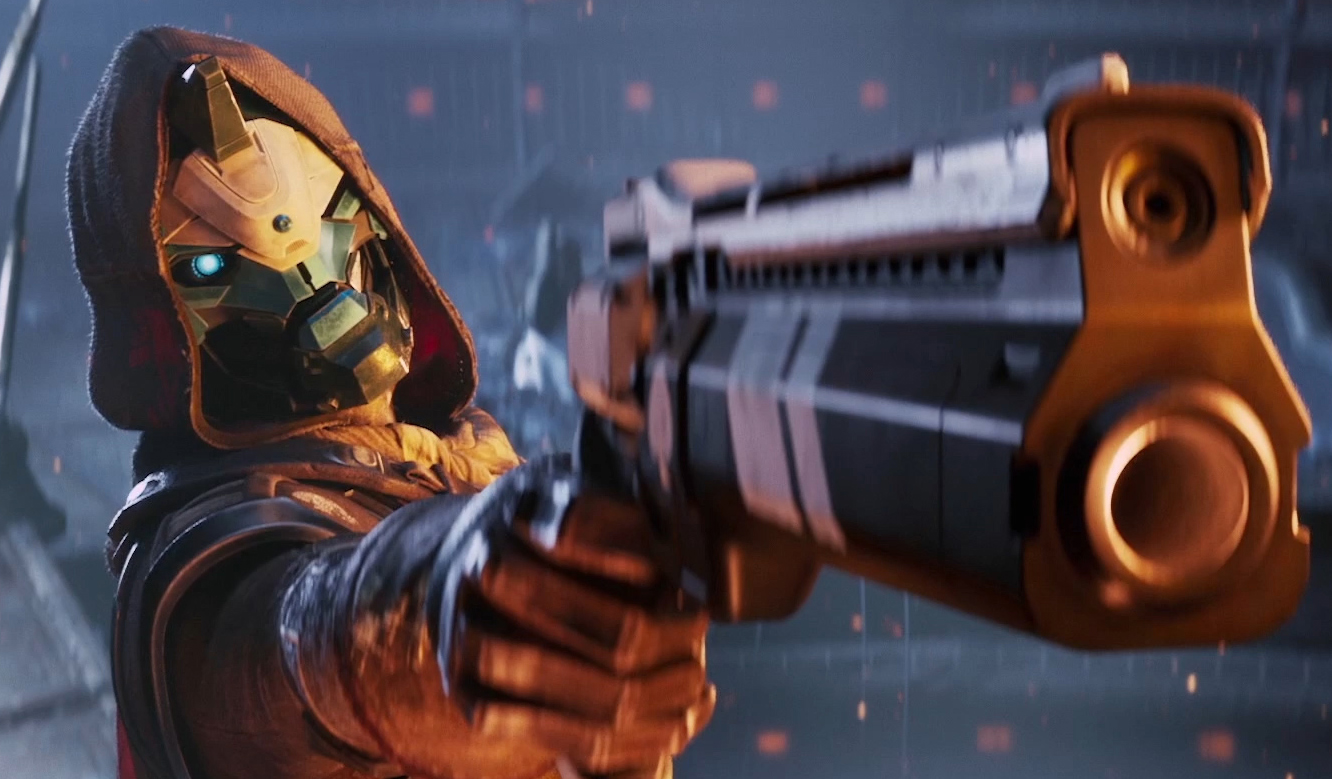Destiny 2 developer Bungie filed a multimillion-dollar lawsuit (opens in new tab) in July against a player it alleges has a long history of cheating, creating alt accounts to evade bans, and threatening studio employees. We noted at the time that Bungie has taken “an increasingly aggressive approach” to troublemakers in recent years, and general counsel Don McGowan recently told Axios (opens in new tab) why. According to McGowan, it’s good for players, and it’s a good business decision, too.
“We have seen historically that bad actors will often be tolerated because the people with the skills and power to remove them do not focus their efforts there,” McGowan said. “To put it simply, we disagree. In our view, removing harassment and abuse from our community is not only the right thing to do, it is also good business.
“We believe very strongly that most people do not want to be in communities where cheating or harassment is allowed to thrive. Tolerating bad actors chases away a lot of people who would like to enjoy our products.”
The discourse on social media can be rough for any developer, but Bungie faces particularly high levels of heat for its work on Destiny 2. Developers are almost constantly making adjustments to the long-running live service game to accommodate both its age and its complexity; sometimes there are problems (opens in new tab) and sometimes people are just unhappy that the meta has changed in some way that affects their favorite build, and either can lead to torrents of abuse.
And it’s not just name-calling: Community manager dmg04 said on Reddit (opens in new tab) last week that Bungie has actually cut back on its public communications with players because of “real threats towards our people and our studio.”
“I will be very clear in saying that I appreciate the studio in the amount that it’s helped me personally after some serious harassment towards me and my family,” he wrote. “I’m taking time off in part because of this. Just because you can’t see it directly in a given tweet or forum reply doesn’t mean that it didn’t happen.”
In other words, harassment and abuse is bad for players and developers alike, and that’s bad for business—and so McGowan and the rest of Bungie’s legal team aims to stop it wherever possible. “[Bungie employees] are doing a job and as their lawyer, my team and I have a set of skills that make it possible for us to defend them as well as the integrity of our players’ experience,” he said.
Cheaters, and especially those who develop them, are also squarely in Bungie’s sights, but for a different reason: Cheating not only ruins the game for other players, but cheat makers can earn serious book on them too. In June, for instance, Elite Boss Tech and 11020781 Canada agreeing to a $13.5 million settlement (opens in new tab) with Bungie, a massive amount in terms of, as we put it, “normal people money.” And while that amount may not mean much to Bungie’s bottom line, it is the proverbial example for the rest: If you make and sell cheats for Destiny 2, this very bad thing could (and, if McGowan has his way, will) happen to you.
Bungie also recently filed a $7.6 million lawsuit (opens in new tab) against Nicholas ‘Lord Nazo’ Minor for allegedly filing fraudulent copyright strikes against videos on Bungie’s own YouTube channel, and in August 2021 it joined with Ubisoft (opens in new tab) to file a lawsuit against cheatmaker Ring-1.


